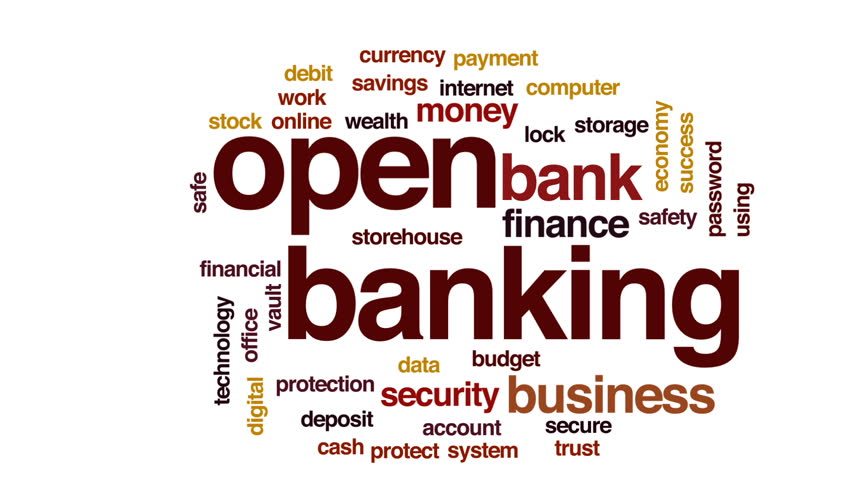
Another conversation about Open Banking, and an interesting point was raised by one bank. They said that they had been mapping financial moments - getting married, buying a house, having a baby, crashing your car, etc - and had started to reimagine the whole customer experience in those moments using APIs.
A good example was the car crash. Today, you’d call your insurer (if you could remember who they were and what their number was), maybe the police (if your phone had enough juice) and probably your nearest and dearest. But what if the car could tell the network what had happened? What if it could tell the tow truck to come, inform the insurer automatically, order you a taxi (or ambulance if needed) and arrange for a replacement vehicle to be delivered to your home that evening?
Wow! But it’s not a wow really. It’s just being clever with today’s technologies. Recognising that cars are on the internet and can self-diagnose. Through the same process, and the fact they are on the net, they could build in all these others features. In fact, your car will not only self-drive soon, but will arrange its own sick days to get parts sorted out and tell insurers what’s going on direct.
I loved the sound of all this and the fact that this bank - a Nordic one - had started to think out-of-the-box thanks to PSD2 and Open APIs.
Then I come back to my reality.
Another discussion followed talking about small business needs and I explained that I’m a small business. What has my bank done for me lately? Not a great deal to be honest. They never give me advice, call me proactively or tell me how I can run my business smarter with Xero or something like it.
Nope. In fact, I don’t think my bank could give a rat’s arse whether I’m with them or not, as long as I pay my fees and charges.
Do I care? Not really as they’re all the same - I should know as I’ve banked with all of them - but it does strike me as beyond belief the lack of digital imagination these guys have.
For example, I bring up my banking app 3-4 times a day. The bank probably thinks it’s love them as I bring up their app so often. Well I don’t love them at all. I’m just going into the app so regularly because, as a small business, I want to see if my customers have paid yet.
Then it struck me. Why is there no alert setting in the app to send me a push notification as soon as any money is added to my account?
In fact, banks focus on highlighting fraudulent transactions or debits and credits for the last week, just shows that their focus was to take old branch banking into an app, rather than thinking what they could do with the app.
It’s a reason why I really like new banks like Metro Bank, who are at least trying to do things better. Case in point: you can’t find your card - is it lost or stolen? Most likely, in this case, you think it’s lost. Most banks then expect you to call them and tell them and they reissue you with a new card. With Metro, you just bring up their app and set the card to ‘off’. This means it can’t be used until you find your card and set it back to ‘on’ again, or request a new card. This is better for the customer - no writing off a bank card that’s under the sofa - and for the bank - it saves them money.
This is where Open Banking should really start, as it is all about customer focus first and foremost.
Chris M Skinner
Chris Skinner is best known as an independent commentator on the financial markets through his blog, TheFinanser.com, as author of the bestselling book Digital Bank, and Chair of the European networking forum the Financial Services Club. He has been voted one of the most influential people in banking by The Financial Brand (as well as one of the best blogs), a FinTech Titan (Next Bank), one of the Fintech Leaders you need to follow (City AM, Deluxe and Jax Finance), as well as one of the Top 40 most influential people in financial technology by the Wall Street Journal's Financial News. To learn more click here...

